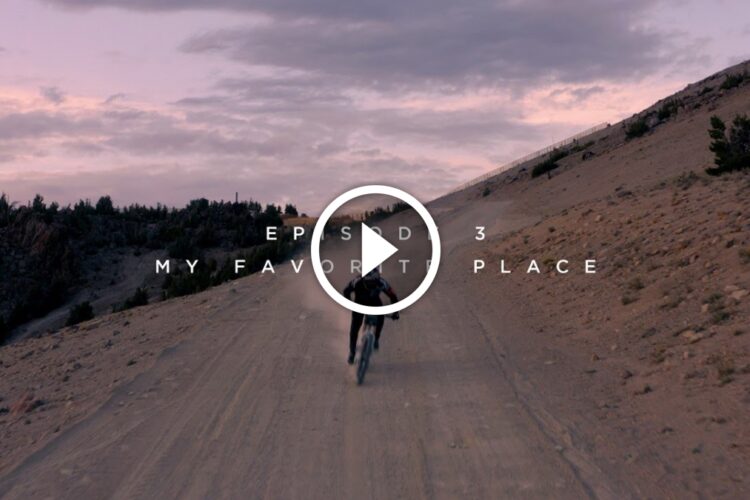
Author’s note: The ideas shared in this article reflect methods that I find useful, and are in no way intended as general solutions. That being said, I hope that some readers will find them helpful.
Sometimes our heads can jump in the way of a good ride. Whether you turn up to the trail with a heart full of work worries, or the trauma of a recent crash has you overthinking every stone your tires touch, it often results in a sub-ideal day on the bike. Sometimes the solution is to roll easy and enjoy the smells and sounds of the forest. Other times, I have managed to hyper-focus my overactive mind toward distinct trail features, blocking my brain from pondering anything else for a spell. Words like mindfulness, presence, and shreditation plug into this thought process quite well. I wanted to share a concentration method that works for me with the hope that it might benefit other folks.
I generally try to keep adjectives like aggressive, combative, masculine, or macho as far from my identity as possible, however, there are occasionally anxious days when all I want to do is smash something. When those feelings come up, I try to get out and put in a solid attack on the trail. On a good day, those rides feel cathartic, leaving me more focused and less aggravated. I use the word attack to help my mind focus. As a result, I get a great workout in and typically burn off some of the less positive feelings.
Here’s how that works in practice. In addition to singing while riding to quiet a cognitive cacophony, I try to think of attacking every feature with intention, consistently searching for the next target. For example, I work to focus my attention on the apex of a turn until I am nearly in it or lock onto the rock I want to bunny hop from, looking for the next feature as immediately as possible. This conscious focus helps me to look up the trail as much as possible and keeps my mind pinned to the present task when it otherwise wants to wander off. It also creates transition points where I can check in on my body position or technique. One example of that is when I reach the apex of a turn and tell myself to locate the next focal point, I try to simultaneously make sure that I have released the brakes and that my body in a position that makes sense for the turn. As I continue to practice this focused riding style it is feeling more fluid and natural.
A painful crash can also bring on a traumatic state of overthinking and unnecessary cautiousness that makes trail time less enjoyable. We start to stare at our front wheel and feather the brakes more than we normally would. Like turtles and armadillos, when humans are hurt or scared we retract both physically and socially. When our culture is threatened we retreat to tribalistic and even xenophobic ideologies, and when our body is traumatized we tend to act as if things outside of our immediate control are more dangerous than we previously knew them to be. The corner that we’ve ridden hundreds of times without notice becomes the focal point of the whole trail once it has some of our skin smeared across it.
For a lot of folks, a weekly mountain bike ride is the only time in their schedule that’s just for them, and making it enjoyable is paramount. It is their “self care” session. This attack method has helped me focus and have more fun on rides when my subconscious is busy worrying about where I crashed or how I don’t want to get hurt again. It’s entirely reasonable to roll a little more cautiously after a painful or scary crash, but if you want to start enjoying speed again and regain confidence, you might try to focus your thoughts on subsequent trail features.
If you don’t love the word attack, replace it with something that works better for your brain. Focus, turn, stone, jump, wubba lubba dub dub, or blam could all work just fine if they help you focus your mind. Attack isn’t my favorite verb, but it works so I’ll work it.
If you know someone who is searching for methods to help them focus while riding, consider sending this article along. We all like to know our friends are thinking about us.



















